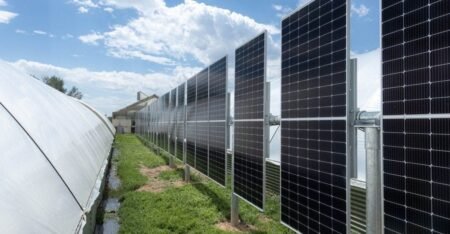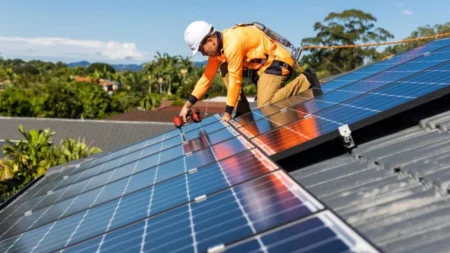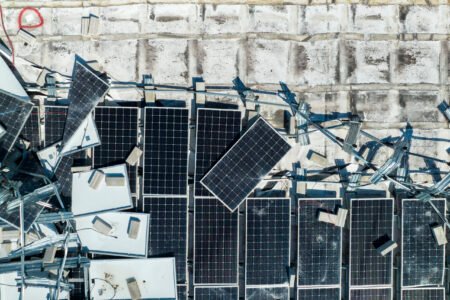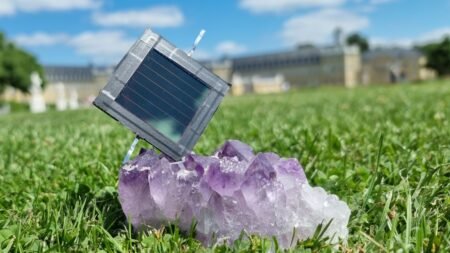Projects Will Support Job and Economic Growth while Guiding the Development of Renewable Energy to Brownfield and Landfill Sites.
TRENTON, N.J. – Today, the New Jersey Board of Public Utilities (Board) approved PSE&G’s petitions to extend its current Solar 4 All Program, with the addition of four distinct segments, and its Solar Loan III program to help New Jersey reach its renewable energy goals while supporting job and economic growth in the State.
Governor Christie’s Energy Master Plan and the recently enacted Solar Act of 2012, express a clear preference for the development of solar on landfills and brownfields rather than on open space and farms, as these sites are underutilized and cannot be developed for general commercial or residential purposes. Currently, only seventeen existing solar projects of the more than 20,000 installations in New Jersey meet this classification. In terms of capacity, the State has approximately 33 MW of solar capacity located on landfills and brownfield out of over 1,000 total MW installed capacity. PSE&G’s existing Solar 4 All program has been responsible for a significant amount of the existing development on landfills and brownfield.
“Today’s action continues to push New Jersey to the forefront of solar generation and development,” said Bob Hanna, President of the Board of Public Utilities. “The Christie Administration’s enduring commitment to the advancement of clean, renewable energy technologies, as noted in Governor Christie’s Energy Master Plan, allows us to promote clean, safe, and reliable in-state generation while promoting job growth and a cleaner environment.”
With the Board’s Order authorizing Solar 4 All at a significantly reduced cost and size than originally sought, PSE&G will develop 45 megawatts (MW) of grid-connected solar photovoltaic systems. With the expanded Solar 4 All program, PSE&G will invest in the development of solar on landfills and brownfields, underutilized government facilities, innovative parking lot applications, and grid security/storm preparedness. PSE&G was approved to invest approximately $247million over five years instead of $690 million over five years. PSE&G plans to generate 42 MW of power from landfills and brownfields with a minimum project size of 1000 kW. While PSE&G will focus the bulk of its new development on underutilized brownfield and landfill sites, a pilot initiative will also serve government facilities, parking lots, and grid security measures where an anticipated total of 3 MW of capacity will be developed.
The Solar Loan III program filing was made in response to the Board’s request of each of the Electric Distribution Companies (EDCs) to continue programs to provide residential, business and local government customers with solar project financial assistance to enable the development of180 MW of distribution connected solar photovoltaic capacity. PSE&G’s share of that total capacity was determined to be 97.5 MW, based upon the company’s share of the total customer load of the four regulated EDCs. Under the Solar Loan III program, PSE&G will loan customers approximately $193 million over three years.
PSE&G will recoup the revenue invested in the Solar 4 All extension through a Solar Generation Investment Extension Program (SGIEP) component of the company’s electric recovery charge (RRC). The SGIEP is applicable to all electric rate schedules on an equal cent per kilowatt hour basis for recovery of the costs associated with the Solar 4 All extension program.
The Solar 4 All extension will cause a slight increase in the typical electric rate of a residential customer who uses 780 kilowatt-hours per summer month and 7,360 kilowatt-hours on an annual basis. Under this usage scenario, the average customer would see an increase in their annual bill of $0.28 in the coming energy year. The expected maximum increase for the typical residential customer will take place from Oct. 1, 2015, through Sept. 30, 2016,during which an annual bill will increase $4.44; then diminish in the following years.











